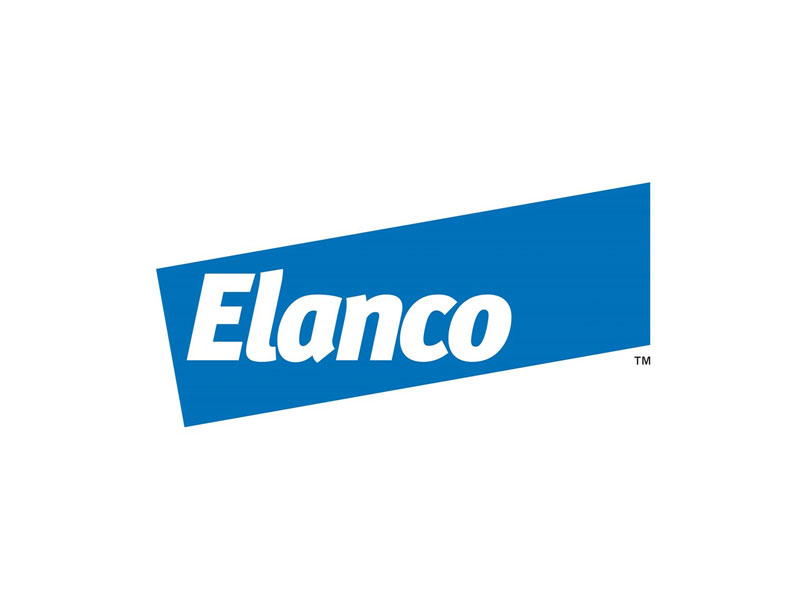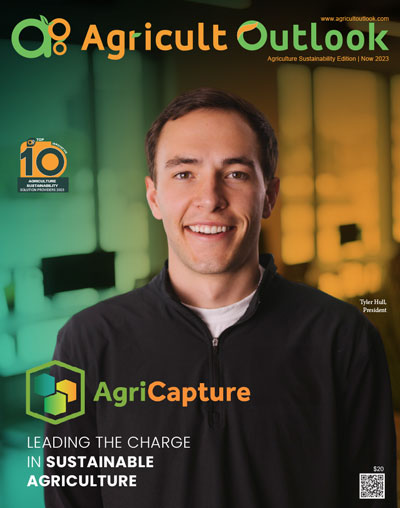The US Food and Drug Administration has formally deemed that Elanco Animal Health’s Bovaer® (3-NOP), a first-in-class methane-reducing feed ingredient, is capable of meeting safety and efficacy requirements for use in lactating dairy cattle. Before we dig any further, though, we first need to talk a little about Bovaer. Basically, the ingredient in question tends to work by suppressing the enzyme in the cow’s rumen that forms methane. Hence, if you feed one tablespoon of Bovaer per lactating dairy cow every day, it can be expected to reduce methane emissions by almost 30% or an equivalent of 1.2 metric tons carbon dioxide (CO2e) emissions annually. Markedly enough, though, if you feed the same component to one million cows, it would be directly equivalent to removing more than 285,000 cars from the road for a year. All in all, such a reality won’t just contribute massively towards conceiving a better brand of agricultural sustainability, but it will also empower farmers to be financially rewarded for reducing their dairy’s carbon footprint. Anyway, with FDA nod now under its belt, dairy farmers can incorporate Bovaer into their rations and quantify the effect using carbon market-friendly tools like UpLook™ by Elanco, an insights-based engine designed to quantify greenhouse gas emissions reductions. The stated tool, in practice, leverages on-farm data and peer-reviewed science to identify key drivers of an operation’s carbon footprint and track the progress attached to sustainability efforts. Furthermore, UpLook can also connect quite seamlessly to Athian, the first-of-its-kind livestock carbon inset marketplace. This it again does to let farmers quantify their emissions reduction efforts and certify carbon credits for sale.
“This monumental announcement has the ability to accelerate the opportunity for climate-neutral dairy farming while creating a new revenue stream for dairy farmers across the country,” said Jeff Simmons, President and CEO, Elanco Animal Health. “We appreciate FDA’s commitment to maintaining high standards for science-based review, while balancing the need to quickly bring solutions to the market. Bovaer represents another example of Elanco being a partner of choice in animal health, where the capabilities of our talented R&D, regulatory and commercial teams are delivering significant value.”
FDA’s approval of Bovaer delivers a rather interesting follow-up to one recent report, where it was projected that the world’s population has until the year 2030 to curb greenhouse gas emissions (GHG) or deal with irreversible impacts to the planet. In that context, a reduction across enteric methane emissions from cattle, naturally generated through the enteric fermentation process, represents a key opportunity. You see, methane lasts about a decade in the atmosphere and is 27 times more potent than carbon dioxide at trapping heat. Hence, by mitigating methane, the livestock industry can reduce the rate of climate warming, and at the same time, allow food companies and retailers to make meaningful progress toward their Scope 3 emissions goals. To support that cause, the US Department of Agriculture has also disbursed an estimated $89 million in funding to support farms using technologies like Bovaer as they try to reduce their methane emissions.
Moving forward, Elanco will now work with dsm-firmenich to expand commercialization of Bovaer across North America. Alongside its goal of realizing nationwide footprint throughout US, the expansion bid will also include a right to market the product in Canada and Mexico, where the product is already available for use in beef and dairy cattle.
“This strategic collaboration exemplifies how we can accelerate the expansion and adoption of Bovaer in North America to significantly decrease methane emissions on a large scale, and thereby support global efforts to combat climate change,” said Dimitri de Vreeze, CEO at dsm-firmenich.




